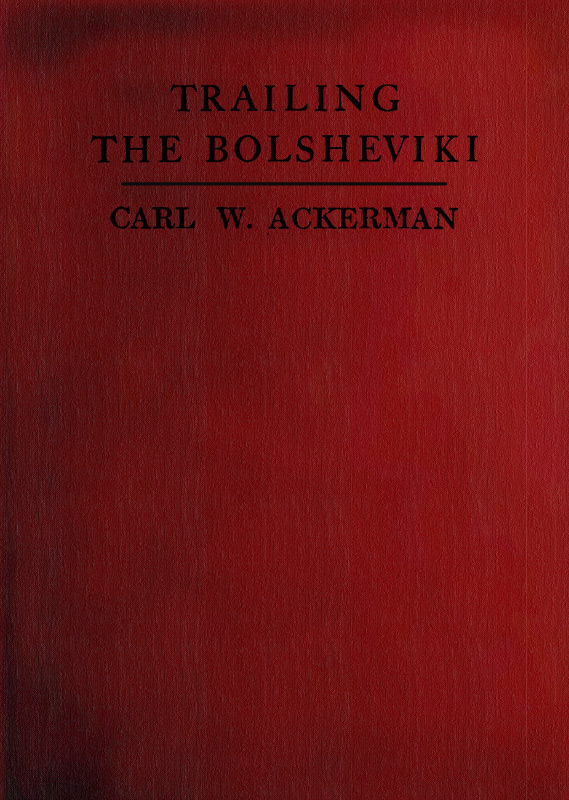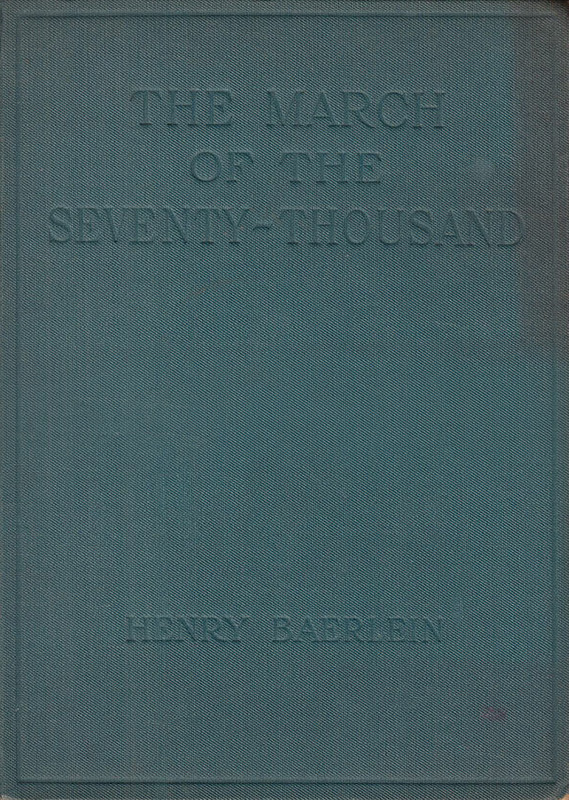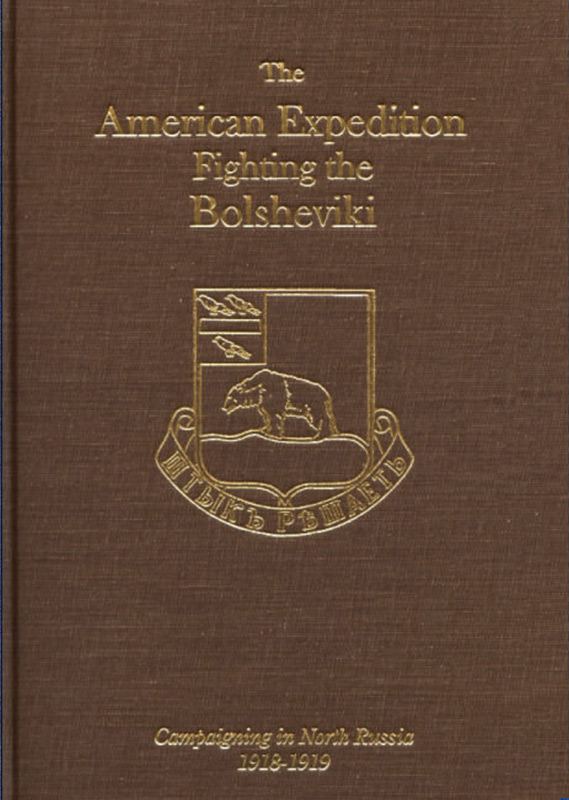Чтобы было удобнее, книгу можно заранее просмотреть:
Скачать Ackerman-Carl-W.-Trailing-the-Bolsheviki-Twelve-Thousand-Miles-with-the-Allies-in-Siberia.pdf (17,2 МБ)- РАЗДЕЛЫ:
- Гражданская война в Сибири
Ackerman, Carl W. Trailing the Bolsheviki. Twelve Thousand Miles with the Allies in Siberia

Место издания: New York
Год издания: 1919
Ключевые слова: иноязычные источники
Специальный корреспондент газеты The New York Times Карл В. Акерман проехал от Владивостока до Иркутска, от Иркутска до Омска и Екатеринбурга осенью 1918 года, в разгар гражданской войны в России. Он встречался с офицерами американских и японских экспедиционных сил, с членами чехо-словацкого корпуса, сражавшегося с Красной армией, с министрами Омского правительства и с адмиралом Александром Колчаком. Фактически, Акерман был первым иностранным журналистом, посетившим Ипатьевский дом в Екатеринбурге, место заточения царя Николая II и его семьи до их убийства в июле 1918 года. Опираясь на свои заметки и газетные статьи, Акерман вскоре после возвращения в США написал книгу эту книгу, ставшую одним из самых первых американских рассказов о гражданской войне в России — в Сибири и на Дальнем Востоке. Более того, Акерман был одним из первых американцев, заметивших основной раскол между новой политической системой, материализовавшейся в России, и универсалистским подходом Вудро Вильсона. Таким образом, он стал одним из сторонников первого «красного испуга» и ранним предвестником холодной войны.
INTRODUCTION (Excerpt): For five years I have been travelling as a correspondent within and without belligerent and neutral countries in Europe, Asia, and the Americas, following the developments of the war and studying the political and industrial causes and incentives of mass action. In Germany, in the old Hapsburg Monarchy, in Belgium, France, Poland, Rumania, and Siberia I followed the god of war and reported numerous events of fighting. This winter I followed the trail of the Bolsheviki over 12,000 miles in Russia, from Vladivostok to Ekaterinburg, where the Tzar is believed to have been done to death, and back again to New York via China and Japan. I met the Bolshevist vanguard in Switzerland and in the United States, and some of the exiles in Spain and Mexico. Over the face of the globe winds the serpentine trail of the revolutionists, a part of which I have followed and traversed.
Looking back upon my contact with statesmen, soldiers, and non-combatants, I discern something of the development and the problem.s and programmes of these two international forces which are working to-day for a new world: Bolshevism and a league of nations.
Bolshevism is the Russian name for a revolutionary movement which has as its object the overthrowing of existing governments and society and the revolutionization of industry and commerce. Bolshevism is caused by industrial discontent, social unrest, and by the unsettled conditions in a nation passing through the transition period from war to peace. It is a political programme formulated and supported by those who have lost faith in political leaders and government. The Bolsheviki believe in razing the world in order to rebuild it.
A revolution of action develops when the mass mind moves too rapidly for statesmen and governments to change their opinions and laws, or when governments fail to sense the power of the will of the mass. Revolutions of action were successful in Russia, Germany, Austria-Hungary, Turkey, and Bulgaria when those who directed the governments and industries did not heed the desires of the people. There will be similar eruptions in other nations unless these compelling lessons of the war are applied elsewhere. The predominant force back of a union of world governments is the limitless longing of war-weary people that an attempt be made to solve international and national problems without bloodshed and destruction. On the other hand, the industrial crusaders of Bolshevism contend that the world can only be purged by fire and blood.
This is not a temporary question but the problem of a generation. In Siberia, after the revolution, both the Bolsheviki and the Allies, working as a nucleus of a league of nations, failed. Both reconstruction forces were unsuccessful. The experiences of the writer in this vast domain will serve as material for illustrations of the failure of Bolshevism and the difficulties of international concerted action. In Siberia Bolshevism and a union of foreign governments clashed for the first time. This is what makes Siberia the only laboratory at present available for an analysis of these two reconstruction forces. In trailing the Bolsheviki, I have followed and crossed the tracks of the revolution of action, not alone in Siberia, but in Germany, Hungary, Switzerland, and the United States. „Give us peace and give us bread,“ said an old Russian peasant in the Amur. That is the world problem. Peace, bread, work, and opportunity are the demands of the people.
Peace will not come immediately after the ratification of the treaty in France. Peace will come only by slow stages of development. The long period of reconstruction which will follow the end of this war will be an era of constant conflict between the men and women who are to rebuild the world after their own ideas. No one doubts that the new world must be and will be different from the old, but there will be grave disagreements about the methods of reconstruction. There will be those who wish to tear down in order to rebuild and others who will seek to remake by gradual adjustment.
The pendulum of history has swung from reaction to revolution, but civilization has been advanced only when the pendulum swung backward and forward evenly over the arc of Time. The pendulum is now swinging from the extreme of war to the extreme of reconstruction. It is the task of the peoples and governments of the world to generate the gravity which makes the pendulum swing ceaselessly and regularly, ticking the hours of progress which make the days of happiness and the centuries of advancement.
Carl W. Ackerman.
Доступ к книгам был, есть и будет бесплатным, это принципиально. Но если вы хотите сказать «спасибо», то для этого у нас есть специально обученная кнопка:



